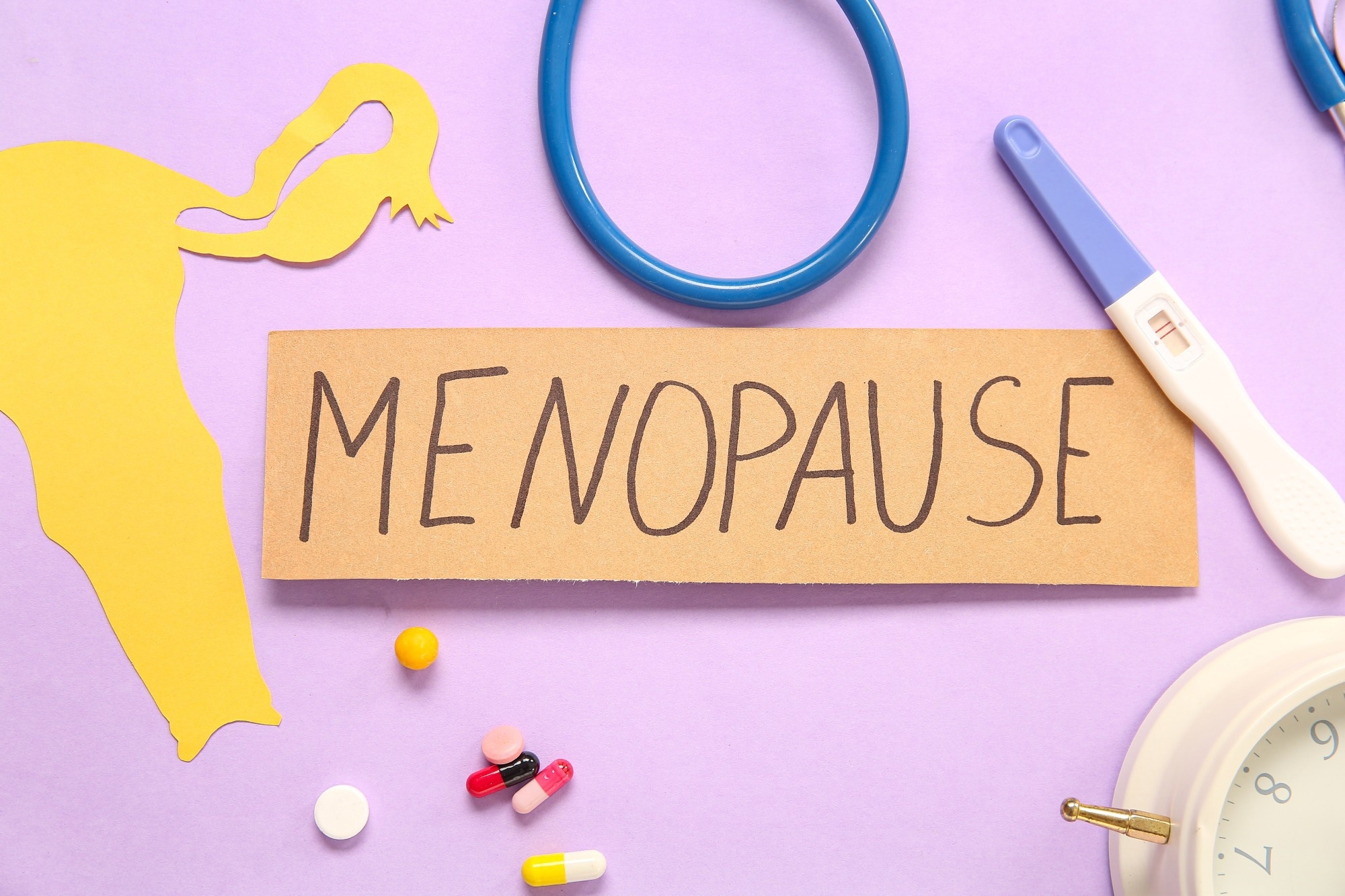An increase in premature menopause prevalence has been recently observed in Indian women, particularly those with lower socioeconomic backgrounds.
 Study: Rising premature menopause and variations by education level in India. Image Credit: Pixel-Shot / Shutterstock
Study: Rising premature menopause and variations by education level in India. Image Credit: Pixel-Shot / Shutterstock
Background
Menopause is a critical biological transition characterized by the end of the menstrual cycle. Women typically experience a range of physical and psychological changes during this phase, which can potentially put them in distress.
Premature menopause, or early-onset menopause before the age of 40 years, is associated with increased morbidity and mortality risks in women. Premature menopause could occur due to primary ovarian insufficiencies or surgical procedures, such as surgical removal of the uterus (hysterectomy).
The prevalence of premature menopause in Southeast Asia has sharply increased in recent times, posing a significant public health concern. Existing studies indicate that women from developing countries experience natural menopause several years earlier than their peers from developed countries.
In this study, scientists have determined the prevalence of premature menopause in women across Indian states. They have also evaluated the factors influencing premature menopause.
Study design
The study analyzed reproductive health data obtained from 180,743 women aged 30 to 39 who participated in the latest Indian version of the Demography Health Survey (2019 – 2021), which was conducted across 29 Indian states and seven union territories.
Various sociodemographic, nutritional, and biological factors were considered in the study that may influence the prevalence of premature menopause in Indian women.
Important observations
The study found that about 15% of Indian women are in menopause. The proportion of menopausal women was higher in rural regions than in urban regions. Similarly, the proportion of women in premature menopause was higher in rural regions (5%) than in urban regions (3%).
Among various Indian states, Bihar showed a 4-times and 2-times higher prevalence of premature menopause than the national average in women belonging to the 30 – 34 years age group and 35 – 39 years age group, respectively.
Factors influencing premature menopause
Various sociodemographic factors, including educational background, financial status, caste, religion, and living regions (rural vs. urban), were considered in the analysis.
The findings revealed a 7-times higher prevalence of premature menopause in women with the lowest educational background compared to women with the highest educational background.
The analysis considering nutritional and biological factors identified increasing age, higher number of children, and younger age of women at first and last birth as potential predictors of premature menopause.
The analysis also revealed that women who do not use contraceptive medications, have normal or lower body mass index (BMI), or do not have anemia are more likely to experience premature menopause.
A significantly higher risk of premature menopause was observed in women with a history of hysterectomy and female sterilization. A significantly higher risk was also observed in women with health insurance coverage. In contrast, a significantly lower risk of premature menopause was observed in women with higher financial status.
Decomposition analysis
The study carried out a decomposition analysis to obtain a more conclusive overview of the contribution of various factors to the strongest disparities observed in premature menopausal rates among women with varied educational backgrounds.
The findings revealed that having a history of hysterectomy accounts for about 84% of the gap in premature menopausal rates between women with the lowest and highest levels of education. Other significant contributing factors were age at first birth and financial status.
Study significance
The study finds that a considerably high proportion of Indian women experience premature menopause in their reproductive age. Women residing in rural regions are at higher risk of premature menopause than those residing in urban regions.
The study finds an inverse association between educational background and risk of premature menopause. A 7-times higher prevalence of premature menopause has been observed in women with the lowest educational background. Surgical menopause or hysterectomy has been identified as the primary contributing factor to the observed disparities in menopause prevalence due to education.
These observations indicate that women with insufficient information about menopause and its consequences due to poor education are significantly more likely to undergo hysterectomy at a younger age, which subsequently increases their risk of early-onset menopause.
It is generally expected that women with poor financial status would have limited access to surgical care. However, the current study findings reveal a different picture, indicating a lack of awareness, lack of alternative treatment options, and over-reliance on surgical care while neglecting conservative management.
Considering the serious health outcomes of premature menopause, future studies should explore more factors that may influence women to choose hysterectomy at a younger age.